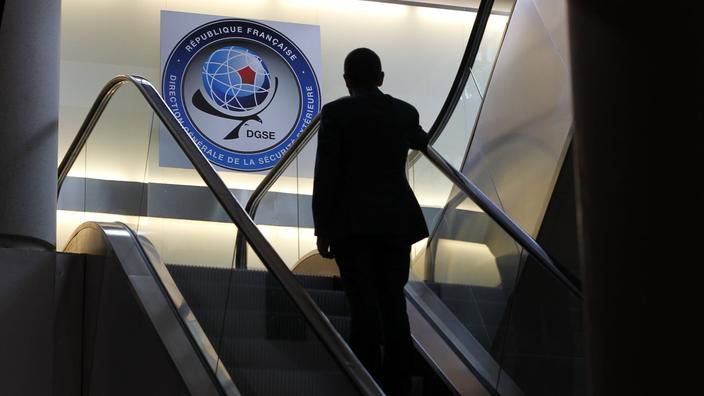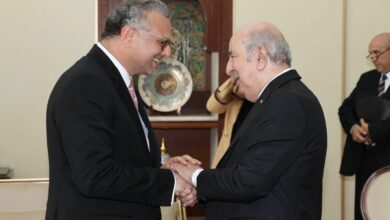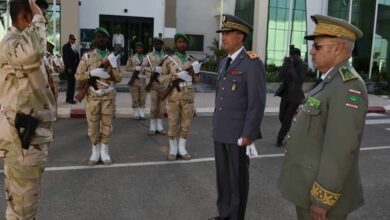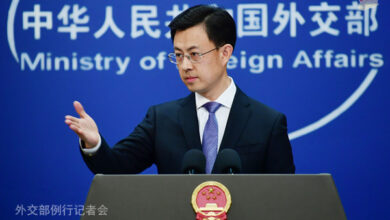Paris in Trouble After the Arrest of a French Intelligence Agent in Mali
Paris in Trouble After the Arrest of a French Intelligence Agent in Mali

By: Sara El Wakili – ALDAR
On August 14, 2025, Malian authorities detained a French citizen identified as “Yann F.,” who is believed to be working for the French General Directorate for External Security (DGSE). The arrest took place in the midst of a large-scale purge launched by Mali’s transitional president, Colonel Assimi Goïta, targeting several senior officers within the Malian army.
The incident, revealed by Jeune Afrique on August 20, has drawn attention to one of the most sensitive files in Mali–France relations, particularly since Paris was quick to insist on what it called its citizen’s “diplomatic immunity,” demanding his immediate release. However, this stance has not been met with swift compliance from Malian authorities, who appear determined to treat the case as a direct threat to their national security.
Background of Tensions Between Bamako and Paris
The arrest of the French operative comes less than a year after Niger leveled similar accusations against France, alleging attempts at conspiracy and interference in internal affairs. These developments reinforce the growing perception across West Africa that French influence is no longer welcome as it once was—especially amid the strengthening of security and military cooperation between Sahel states and Russia.
Political and Security Dimensions
Ongoing investigations in Bamako, which have implicated more than ten senior Malian army officers, suggest that the transitional leadership is intent on blocking any external infiltration that could destabilize the regime. The involvement of a French national at the heart of this case gives it an international dimension and places Paris in an awkward position before both African and global public opinion.
Paris, on the other hand, believes that invoking diplomatic immunity is the only way to avoid a full-blown political crisis with Bamako. Yet the signals on the ground indicate that Mali is resolute in asserting its sovereignty and unwilling to tolerate any foreign interference—even from France, which for years considered itself a key partner in the region.
Analytical Reading
This case is far from an isolated incident; rather, it reflects the deep rift that has emerged in Mali–France relations and highlights the fundamental shift in Bamako’s priorities, as it moves to forge new alliances beyond Paris’s traditional sphere of influence. The arrest of “Yann F.,” whether it ends in a diplomatic settlement or a public trial, represents a test of France’s ability to maintain what remains of its presence in the Sahel.
Against this backdrop, the critical question arises: Are we witnessing the beginning of a new era that will put an end to decades of French dominance in West Africa, or will Paris succeed—through its diplomatic and intelligence apparatus—in restoring its eroding influence?





